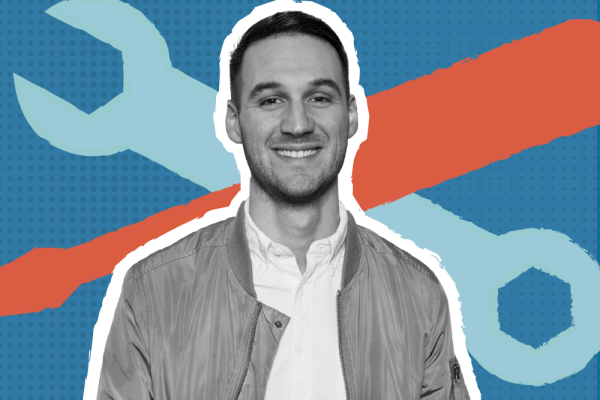May 27, 2025
In NPR’s Alternate Realities, Zack Mack, who is a podcast producer and storyteller, hosts a three-part series about his father falling down the conspiracy rabbit hole and the effect it has on his family. After challenging his dad about his conspiratorial thinking, his father responded by suggesting they make a bet: He would make 10 predictions that he believed would come to pass before the end of 2024, and for each one he got right, Mack would pay him $1,000. For each one he got incorrect, he would pay his son $1,000. Mack’s dad, who is a Christian, was certain that his predictions were ironclad.
Read the Full Article

Already a subscriber? Login
